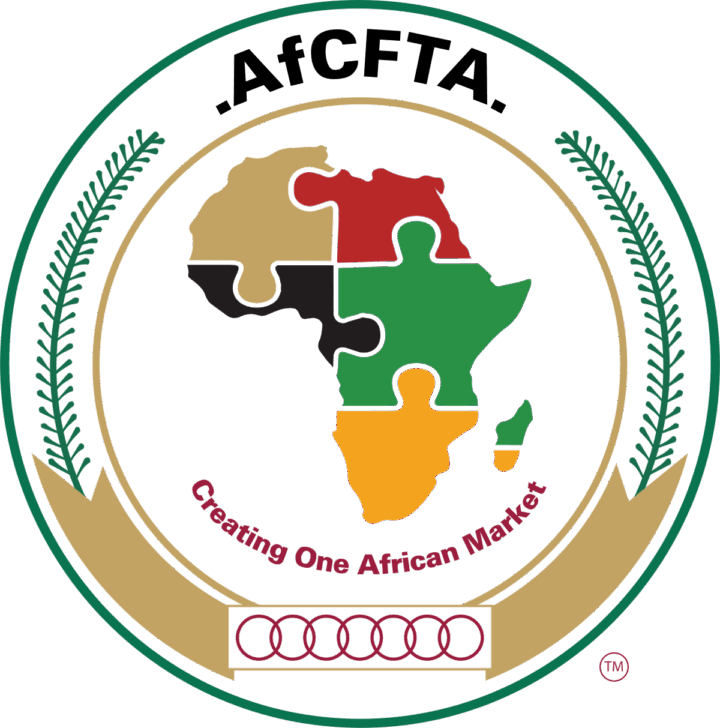In a bold move to position Nigeria as a leading trading power on the African continent, the Federal Government has successfully trained over three million exporters on the rules and protocols of the African Continental Free Trade Area (AfCFTA). This massive initiative, spearheaded by the Nigerian Export Promotion Council (NEPC) in collaboration with relevant government agencies, aims to equip local exporters with the technical know-how and compliance skills required to take advantage of the $3.4 trillion AfCFTA market.
The Executive Director of NEPC, Nonye Ayeni, disclosed this during a trade and export sensitisation workshop held in Abuja. According to her, the capacity-building effort was carried out over several months through a combination of physical training sessions, digital platforms, and community outreach programmes targeting micro, small, and medium-scale enterprises (MSMEs) across all 36 states and the Federal Capital Territory.

“We realised that Nigeria’s comparative advantage will not translate to economic gains unless our exporters fully understand how to operate within the AfCFTA framework. This training was designed to close the knowledge gap and empower millions of Nigerians to export legally, competitively, and sustainably,” Ayeni said.
The training covered key AfCFTA provisions such as rules of origin, documentation requirements, customs procedures, standards compliance, and dispute resolution. It also offered practical guidance on how Nigerian businesses can access new markets across Africa, with a special focus on priority sectors like agriculture, manufacturing, creative industries, and digital services.
Industry experts at the event praised the government’s commitment to inclusive trade capacity development, noting that the initiative could significantly reduce Nigeria’s reliance on oil exports by enabling the diversification of foreign earnings through non-oil products. The move is particularly timely as the country continues to face forex liquidity challenges and seeks to boost domestic production.
Ayeni noted that the NEPC worked closely with the National Action Committee on AfCFTA and private sector partners to ensure the training modules were practical, sector-specific, and aligned with global best practices. She also hinted that a second phase of the programme may be launched soon to target youth-owned enterprises and startups looking to scale through exports.
Participants at the workshop included farmers, cooperative societies, exporters’ associations, women-led businesses, and logistics providers. Many shared testimonies of how the training improved their understanding of product packaging, market access, and documentation, which were previously major obstacles to entering international markets.
Mohammed Abdullahi, a leather goods producer from Kano who participated in the training, said the initiative opened his eyes to new export opportunities. “Before this programme, I was only selling in local markets. Now, I’m preparing my first shipment to Ghana, and I understand what documents are needed and how to price my products competitively,” he said.
The Federal Government’s AfCFTA export readiness drive is also expected to boost job creation, particularly among the youth and rural populations. According to NEPC projections, enhanced trade participation could generate over 10 million jobs within the next five years, especially if accompanied by infrastructure upgrades and access to financing.
To support this vision, the government has begun integrating the AfCFTA training framework into Nigeria’s vocational and entrepreneurial development centres. There are also plans to digitise the programme for continuous access by SMEs, including video modules, webinars, and real-time support through trade facilitation hubs in major cities.
The Minister of Industry, Trade and Investment, Doris Anite, in a keynote address delivered at the event, emphasized that the future of Nigeria’s economy lies in its ability to export value-added goods and services, not just raw materials. She reaffirmed the administration’s commitment to simplifying trade regulations, reducing bottlenecks, and investing in trade-enabling infrastructure.
Anite also called on private sector players to invest in production and supply chain capacity in order to meet the rising demand from African markets. “AfCFTA presents a game-changing opportunity for Nigerian businesses to grow beyond our borders. With over 1.4 billion consumers within reach, we must step up and lead,” she said.
In addition to training exporters, the government is also working on harmonising product standards and certifications to meet intra-African and global quality benchmarks. The Standards Organisation of Nigeria (SON) and other regulatory bodies have been engaged to ensure that Nigerian exports are not rejected due to quality concerns.
Looking ahead, the NEPC says it will intensify efforts to monitor the performance of trained exporters and provide further mentorship through export mentoring clinics and regional trade fairs. There are also discussions to create a national AfCFTA Export Champions programme that will showcase successful Nigerian exporters as models for others to emulate.
As the AfCFTA gains traction across Africa, Nigeria’s preparedness through mass education and training is seen as a strategic advantage. Stakeholders believe that with the right policies, capacity-building, and logistics, Nigerian businesses can become dominant players in sectors like processed foods, textiles, pharmaceuticals, and fintech services across the continent.
Support InfoStride News' Credible Journalism: Only credible journalism can guarantee a fair, accountable and transparent society, including democracy and government. It involves a lot of efforts and money. We need your support. Click here to Donate
